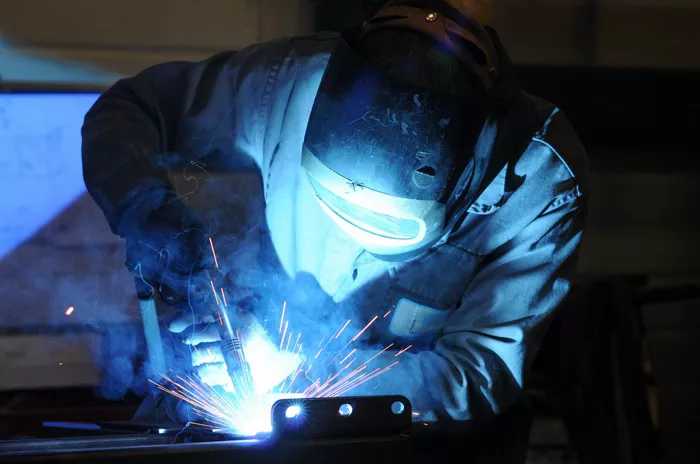The Iroquois Gas Transmission System is one permit away from advancing a major expansion of its natural gas compressor station located just 1,900 feet from Whisconier Middle School in Brookfield, Connecticut. The remaining hurdle is an air permit under review by Connecticut’s Department of Energy and Environmental Protection (DEEP).
“An air permit for the Brookfield expansion, still pending DEEP’s approval, is the last regulatory step before construction can proceed in both New York and Connecticut,” said Bianca Sanchez, associate press secretary for the Sierra Club, a vocal opponent of the project on environmental grounds.
“The entire future of the project hinges on securing permits in both states,” Sanchez added.
In February, the New York Department of Environmental Conservation (DEC) granted air permits for increased output at Iroquois compressor stations in Dover and Athens, New York. Despite acknowledging that the expansion would conflict with statewide greenhouse gas emission limits mandated by New York’s Climate Act, the DEC justified the approval by citing the project’s necessity to meet natural gas demand.
Locally, residents, environmental advocates, and some government officials have long opposed the Brookfield compressor station expansion at 78 Meadow Lane. At a June 2 meeting of the Brookfield Board of Selectmen, community members voiced their concerns, with all three board members pledging to continue opposing the project.
Brookfield First Selectman Steve Dunn expressed frustration over the lack of response to his outreach efforts to Governor Ned Lamont and DEEP Commissioner Katie Dykes, raising alarms about the project’s impact.
DEEP’s approval of the draft air permit is crucial to kick-start construction. Dunn is preparing to seek federal assistance by writing to U.S. Representative Jahana Hayes and Senators Richard Blumenthal and Chris Murphy to intervene.
A Sierra Club-commissioned study warns that the expansion will elevate emissions of hazardous pollutants—including carbon dioxide, methane, nitrous oxide, carbon monoxide, sulfur dioxide, and nitrogen oxides—posing health risks to local residents.
Project Details
The Brookfield site spans 80 acres and currently houses a natural gas compressor station owned by Iroquois Gas Transmission System. The proposed expansion involves two steel pipelines: the Algonquin pipeline (built in 2008) entering from the southwest, and the Iroquois pipeline (built in 2009) coming from the north.
Ruth Parkins, director of public and government relations for Iroquois Pipeline Operating Co., confirmed that DEEP has been reviewing the air permit applications since 2020. “Once DEEP completes its review, it will issue draft permits either approving or denying the applications,” Parkins said. The issuance of draft permits would trigger a public comment period.
As of Wednesday, DEEP had not responded to requests for comment.
Iroquois aims to more than double the compressor station’s capacity, adding the capability to process an additional 125 million cubic feet of natural gas per day, according to documents filed with DEEP.
The Iroquois pipeline, running from Canada through New York and Connecticut beneath Long Island Sound, began operations in 1992. When the Brookfield compressor station was first proposed in 2006, community opposition was strong due to concerns about safety and health risks to neighbors and students at Whisconier Middle School. Despite protests, the station was constructed.
Today, Sierra Club members and residents maintain those same apprehensions as Iroquois pushes forward with its expansion plans.
Beyond Brookfield, Iroquois is planning upgrades at its existing compressor stations, including the installation of cooling equipment in Milford and added compression in Dover and Athens, New York. The company estimates the total cost of these projects at $272 million, emphasizing that the upgrades will enhance the delivery of natural gas to heat and power homes and businesses in the region.

